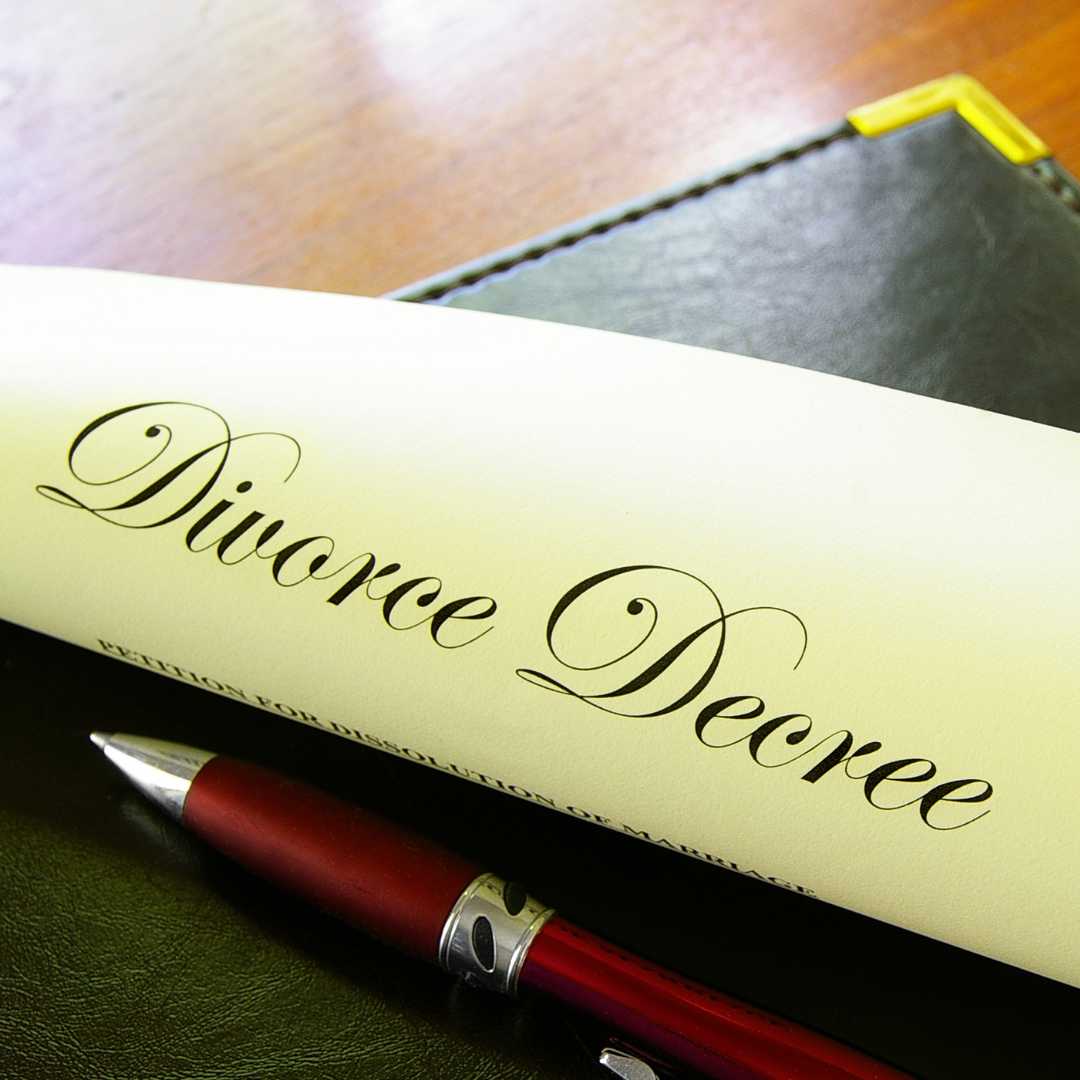
Six Reasons Why Having Your Day in Court May Not Be the Best Option for a Divorce Proceeding
Divorce is often an emotionally and financially taxing process. Many people believe that going to court is the best way to resolve disputes and ensure fairness. Everyone wants their day in court and wants to be heard. However, having your day in court may not always be the optimal path.
Here are six reasons why considering alternatives to litigation might be in your best interest:
- Emotional Toll
- Heightened Stress: Court proceedings are inherently adversarial, often escalating conflicts rather than resolving them amicably. This can lead to increased stress and emotional turmoil for both parties.
- Impact on Children: Prolonged legal battles can be particularly damaging for children. They may feel caught in the middle, leading to long-term emotional and psychological effects.
- Financial Costs
- Expensive Process: Litigation can be extremely costly. Attorney fees, court costs, and other related expenses can quickly add up, depleting marital assets that could otherwise be divided between the parties.
- Uncertain Outcomes: Court decisions are unpredictable. You might spend a significant amount of money without achieving the desired outcome.
- Time-Consuming
- Lengthy Process: Divorce cases can drag on for months or even years due to crowded court dockets and procedural delays. This prolonged process can prevent both parties from moving on with their lives.
- Disruption to Daily Life: Court appearances, meetings with attorneys, and other legal obligations can disrupt your daily routine, affecting your work and personal life.
- Loss of Control
- Judicial Decision-Making: When you go to court, you’re handing over the decision-making power to a judge who doesn’t know you or your family. This can result in outcomes that don’t necessarily align with your needs or wishes.
- Limited Personalization: Court decisions are based on legal standards and precedents, which may not account for the unique nuances of your situation.
- Privacy Concerns
- Public Records: Court proceedings are typically a matter of public record, meaning details of your personal life and financial situation can become accessible to anyone. This can be particularly concerning for those who value their privacy.
- Emotional Exposure: Having your private matters aired in a public courtroom can be humiliating and emotionally draining.
Better Alternatives
Mediation: Mediation involves a neutral third party who helps both parties negotiate a settlement. This process is typically faster, less expensive, and more collaborative than going to court.
Collaborative Divorce: In a collaborative divorce, both parties and their attorneys agree to resolve issues without going to court. This approach focuses on negotiation and problem-solving, often leading to more satisfactory outcomes for both parties.
Arbitration: Arbitration involves a neutral third party who listens to both sides and makes a binding decision. It’s more formal than mediation, but can be quicker and less costly than traditional litigation.
Final Thoughts
While going to court may seem like the only way to ensure a fair divorce, it often comes with significant emotional, financial, and practical drawbacks. Exploring alternative dispute resolution methods such as mediation, collaborative divorce, or arbitration can lead to more amicable results.
If you’re considering divorce and want to explore your options, I offer a complimentary consultation to discuss alternatives in a non-adversarial manner. Together, we can navigate the process and help you make informed decisions that prioritize your well-being and financial stability and most importantly a process where you are heard.
